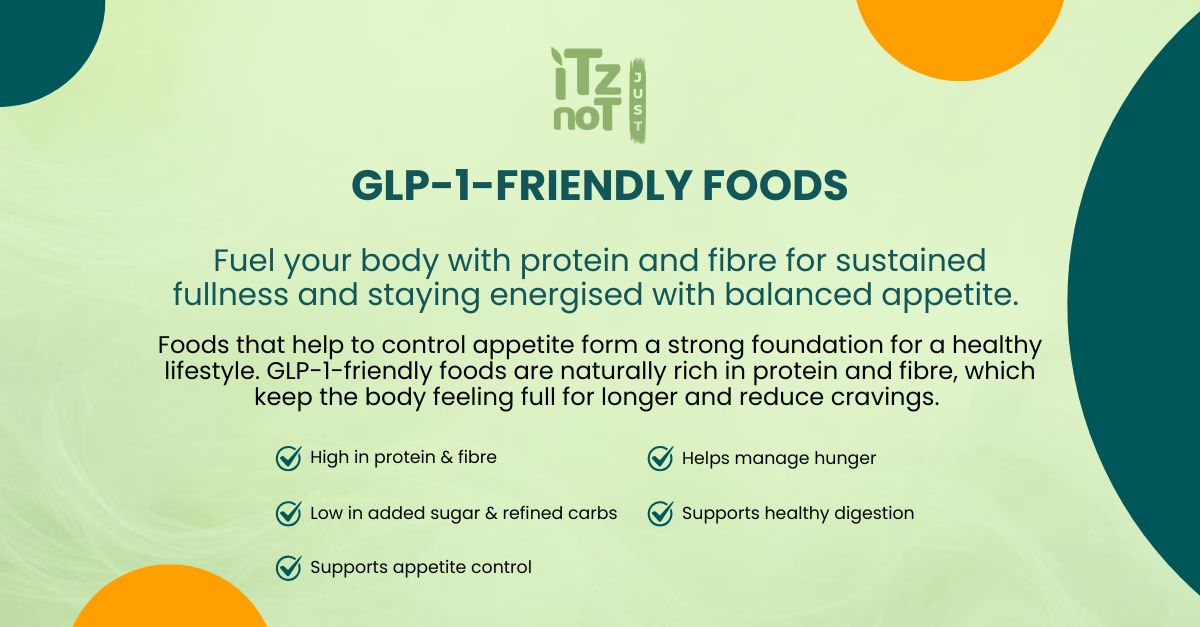
The Impact of Processed Foods on Health

The Impact of Processed Foods on Health
Processed foods have become a ubiquitous part of our modern diet. From convenient snacks to ready-made meals, they're designed for speed and accessibility. But at what cost? This blog delves into the impact of processed foods on our health, exploring the trends, answering your questions, and providing actionable steps to navigate the complex world of food choices.
The Trend: Convenience vs. Health
The rise of processed foods reflects our fast-paced lifestyles. We're constantly seeking convenience, and the food industry has responded with an array of products designed to minimize preparation time. However, this convenience often comes at the expense of nutritional value and can have serious consequences for our health.
What are Processed Foods?
Processed foods encompass a wide range of products, from minimally processed (like bagged salads) to heavily processed (like ready-to-eat meals and sugary drinks). Processing often involves adding ingredients like salt, sugar, unhealthy fats, and artificial additives, while stripping away essential nutrients like fiber and vitamins.
The Health Impacts: A Growing Concern
The high consumption of processed foods is linked to a variety of health problems:
- Obesity: Processed foods are often high in calories, unhealthy fats, and added sugars, which can contribute to weight gain and obesity.
- Heart Disease: High levels of sodium and unhealthy fats in processed foods can increase blood pressure and cholesterol levels, raising the risk of heart disease.
- Type 2 Diabetes: High sugar intake from processed foods can lead to insulin resistance and increase the risk of developing type 2 diabetes.
- Certain Cancers: Some processed meats and other heavily processed foods have been linked to an increased risk of certain cancers.
- Mental Health: Emerging research suggests a link between a diet high in processed foods and an increased risk of depression and other mental health issues.
- Gut Health: Processed foods are often low in fiber, which can negatively impact gut health and the balance of beneficial bacteria in the digestive system.
Making Informed Choices: Taking Control of Your Diet
Reducing your intake of processed foods is one of the most important steps you can take to improve your health. It's not about completely eliminating processed foods (which can be unrealistic for many), but rather about making conscious choices and prioritizing whole, unprocessed foods as much as possible.
Taking Action: A Holistic Approach
Addressing the impact of processed foods requires a multifaceted approach. While individual dietary changes are essential, we also need to address the systemic issues that contribute to the problem.
- Empower Yourself with Knowledge: Continue to learn about the impact of processed foods and share this information with others.
- Support Local Farmers and Businesses: Choosing locally sourced, whole foods supports sustainable agriculture and reduces your reliance on processed products.
- Advocate for Change: Support organizations working to improve food policies and promote access to healthy food.
Conclusion:
The trend of relying on processed foods has significant consequences for public health. By understanding the impact of these foods and making informed choices, we can take control of our health and create a healthier future. Start by making small changes, like swapping sugary drinks for water or preparing one more meal at home each week. These small steps can add up to big improvements in your overall health and well-being. Remember, your health is an investment, and choosing whole, unprocessed foods is one of the best investments you can make.























































